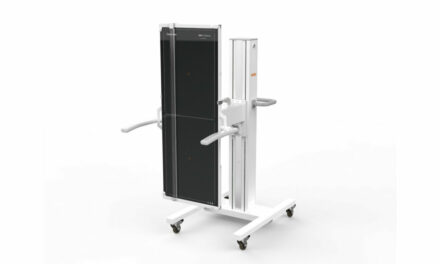The Office of U.S. Trade Representative (USTR) proposal to address China’s practices related to technology transfer, intellectual property, and innovation through the imposition of tariffs on approximately $50 billion in imported products will cause collateral damage throughout the U.S. manufacturing supply chain, according to the National Electrical Manufacturers Association (NEMA).
“NEMA shares the concerns of USTR regarding China’s industrial policies and intellectual property practices,” says NEMA President and CEO Kevin Cosgriff. “However, U.S. electrical and medical imaging manufacturers support an approach that results in fair and open global markets through the application of clear, binding, and enforceable trade rules and compliance with international norms of intellectual property protection.”
Many U.S. electrical manufacturers either produce their own products in China or source finished goods and components from contractual partners in China as a means to support their U.S. operations. The USTR proposal would place a 25 percent tariff on more than 100 product types within or adjacent to NEMA scope—as well as many other items that are inputs to U.S.-based manufacturing. Affected products include everything from electric motors, transformers, and switchgear, to LED chips, residential thermostats, and medical imaging equipment such as CT, MRI and X-ray units.
If implemented, the tariffs would place U.S. manufacturers at a competitive disadvantage relative to their foreign and domestic competitors who are not covered by the tariffs, according to NEMA. The association also says the action would result in a substantial “tax” burden on U.S. manufacturing operations that already face tariffs on steel and aluminum imports.
“Tariffs are ‘blunt instruments’ that abet collateral damage up and down supply chains. Comprehensive trade and investment agreements between the U.S. and China targeting unfair trade practices coupled with effective utilization of binding dispute settlement processes would be a more effective way to address trade discord. If tariffs are perceived to be necessary for negotiating a fair agreement, their use should be very short-lived,” adds Cosgriff.
NEMA’s full written comments on the proposals are available here.





